Albert Hammond Jr - Interview
by Lisa Torem
published: 24 / 12 / 2015
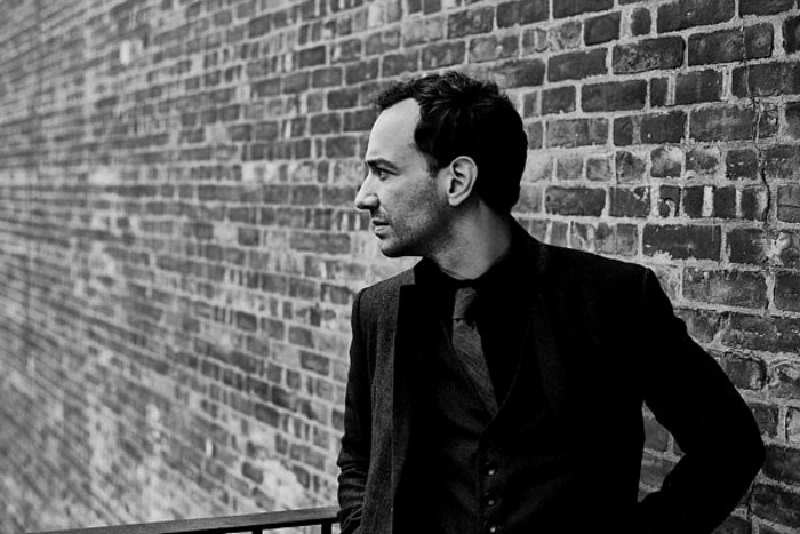
intro
Strokes guitarist Albert Hammond Jr. speaks to Lisa Torem about his just-released third solo album ‘Momentary Masters’, fronting his new band, and international touring.
It’s been a landmark year already for Albert Hammond, Jr. He headlined Chicago’s Lollapalooza and by this coming December he and his band will have toured ‘Momentary Masters’, his long-awaited third solo album with shows in France, the UK, Belgium, Amsterdam, Germany and Scandinavia, not to mention Australia after that. But the strength and truthfulness that shines through on Hammond’s current writing has always been apparent, both on his solo debut, ‘Yours To Keep’ (2006) and the follow-up, ‘¿Cómo Te Llama?’. On his 2013 EP, AHJ, he demonstrated his insatiable thirst for performing perfect meter on the song ‘Cooker Ship’ - and on ‘St. Justice,’ a deep respect for honesty: “It’s impossibly true that emotions get lost on you.” Ironically, AHJ sang, ‘I’m not good at change, not ‘til I want to’ on ‘In Transit’. So maybe the word here should not be change, maybe it’s more appropriate to say that he’s achieved a greater sense of self-awareness since those early days and he’s acquired the confidence to show it. There were times, and he might be the first to admit this, when he was still trying to define himself. But this collection just hangs together so damned well. It seems to be Albert Hammond Jr.’s time to excel, to explore emptiness, vastness, solitude and love with no apologies. The gut-wrenching riffs he’s so famous for and that Lennon-like chaste voice are accentuated with some of the most image-filled, contemporary lyrics and melodies of his career. He works with Mon Khmer’s Hammarsing Kharhmar, Bleachers’ Mikey Hart, bassist Jordan Brooks and drummer Jeremy Gustin on ‘Momentary Masters’ (Vagrant Records). AHJ played all the instruments himself on his self-titled EP, but it’s impressive to see how he shares the studio with such an impressive list of players. Fortunately, in his first interview with Pennyblackmusic, AHJ talks about his solo career and what it means to him, onstage and behind the scenes. His career has been a remarkable one. He met vocalist/songwriter Julian Casablancas in Switzerland when he was just thirteen and in 1998 became the last member to join The Strokes. He played rhythm guitar primarily, but also served as soloist on some of their hits, including the one that soared through the broadcasting roof, ‘Last Nite’, as well as ‘Take It or Leave It’ and ‘Under Control’. In 2008, he supported Coldplay. His career has been enhanced by his intelligent partnerships. Director Laurent Briet worked with him in 2013 on ‘Strange Tidings’ and ‘Carnal Cruise’. They came together again for ‘Caught By My Shadow’, which is a sequel to ‘Losing Touch’. AHJ’s comedic gifts and stylish suits contribute much to the final cuts. His video director and wife, Justyna Sroka, creates a dizzying sheath of jellyfish, blinding lights, floating rose petals and urban congestion to offset her husband’s introspective theme on ‘Born Slippy’. “Sometimes the sun goes behind the clouds, you forget the warmth,” AHJ sings sincerely on his new work. That’s perhaps the best part of this phase of his career and his life, that he reminds us not to forget what’s important. Although the new album encapsulates many universal themes and depicts on the videos, sweeping landscapes, AHJ’s focus is crystal-clear. We may be, as Carl Sagan said, almost insignificant as a species, yet unified by our home, this pale blue dot. AHJ’s music reminds us that art makes us come alive, that it makes us feel powerful, even if we must work at our craft every single day. PB: The poet Anne Sexton and astronomer Carl Sagan inspired your new album, ‘Momentary Masters,’ didn’t they? AHJ: The Carl Sagan part is where I got the album title from. I felt for a while that he had put me in a good place and, lyrically, Anne Sexton was inspirational. PB: Your wife Justyna worked on the video for ‘Born Slippy’. It’s really amazing how well the video and the music sync up. Did you work jointly on the project? AHJ: She would always show me things, but it was her ideas. I’d say, ‘I think this might look better here,’ but she put together and found all of the images. PB: That’s a curious title. Was it a metaphor or was it actually supposed to be about the phenomenon of birth? AHJ: It was about being constantly in motion; that razor’s edge idea; it was about being on the edge of slipping, either way (laughs). It was about something defining you for so long and then it feels like it’s no longer in your life. PB: You enjoy the playfulness of words, don’t you? That becomes immediately apparent in the song, ‘Drunged in Crumbs’. AHJ: Yes, I do. I feel like on this record it happened a few times; with the melodies, too, it worked so well with ‘Caught By My Shadow’. ‘Drunged’ is another one. I don’t remember exactly how the melody was born, but I know when I was singing it, the words had to be biting or exact—it had to have hard edges, especially in the verse. But I think that’s like songs in general, for me. In poems, you’re looking at the rhythms, but there’s something that the melody gives the words that you have to also have to look for. In the melody there are syllables that you are looking to fit into that. PB: In ‘Power Hungry,’ you sing, ‘There’s a war on words, I’m about to lose.’ Does this song have political overtones? AHJ: Politics sounds so hard and heavy. It would be great if I could, but I don’t know if I could handle myself in that world; that sea of information, but there are subtle things about the way I feel about the world and myself in it. I write down thoughts all the time. Even this morning when I went to breakfast, I came back and I was thinking about things that I can do; if I can do anything better and not upset the balance of things. About that line, there’s a flood of arguments that I’ve gotten into, discussions that turn into arguments. It’s about, that when you no longer have a discussion and it’s an argument. PB: The video that accompanies ‘Caught By My Shadow’ was filmed in Morocco. The landscape serves as a haunting, mysterious backdrop for the actors. How did your team achieve this effect and how did you see your role? AHJ: I think it always works out where I build the trust with people and then I’ll have a thing in my head or they’ll come to me and then we kind of hash it out together or even if it’s me going, ‘I don’t want to do that part’, I prefer to let go and let other people take control of that. When I was able to trust other people and just put in my input when needed, the focus was stronger. What came out was better than me trying to control everything. PB: There’s a sense of wonderment about this album, a sense that we as a species can get lost in this huge, vast world, that we still have to search for answers. AHJ: Jeremy (Jeremy Gustin, drummer) and I definitely questioned that a lot. When you’re making a record, your thoughts and emotions are going everywhere, and you’re just trying to create the best thing that you can, so there’s this constant chaos and self-editing and discovery and then things fall apart and come back together, so I would love to say I had the bigger picture, but I think the biggest picture I had was that I wanted to make something better than I’d ever made and the end product in that became a lot richer once it was all done. It was like I did have something in my head because it came together in a way that definitely has a bigger idea than just, I went in to work on music. If I went in just trying to think of one big thing, it might end up becoming a different thing because you never really know where it’s going to go. You spend your life curating thoughts and melodies and usually these things come out. It’s more of a constant than just, Oh, I going to sit down and do a record and think of an idea. My friend has this amazing idea he just posted about being creative that I found to be very exact. “Creating consumes. It is all day, every day. It knows neither weekends, nor vacations. It is not when we feel like it.” - Kevin Ashton PB: One of my favourite songs on the album is ‘Losing Touch’ - “You can’t control the ocean, you can’t control the tide” evokes reflection, but it also ties in with the vastness that Sagan referenced in the Pale Blue Dot. AHJ: You know yourself and you can’t really figure anyone else out until you figure out yourself. There are definitely things that I’m saying about that, but it’s also one way that we’re going to connect. There’s a lot of universal emotion that we can all bond with, even if we’ve lived different lives. It could be me or could be something I saw in someone else that could be the same thing. There’s definitely this idea of having all of these different sides and you don’t just have a good or a bad side and even when you do, they both exist together and they’re not separate. I really like the idea that someone who’s good is also bad (laughs). PB: You and producer Gus Obert worked together previously. What’s been the formula that keeps you on the same page? AHJ: I can’t speak for what he thinks of me, but for my side, and you can tell on this record, we know each other so well, but he keeps pushing. He’s not someone who just says yes. I like that because I can bounce ideas and kind of see things that are sticking to him and that has the better focus of where I should go. It helps guide you and, ideally, that’s what a producer is. In our relationship we’ve gotten so close that that part has gotten better. We still tell each other we don’t like something or you can do it better and I think that’s really important as you move on. He really thinks I can do great things; he just wants to make sure that I do it. That’s the positive side. He’s not saying he doesn’t like me, he’s just saying that I could do better. PB: Are you the writer that wakes up frantically in the middle of the night, bursting with ideas, trying to find a gum wrapper in the dark on which to write a lyric or do you pencil in specific writing times? AHJ: Both. The immediacy in things - it’s just a constant thing. I can’t say it’s one or the other. Some things are very instant and quick and other things come to you when you’re playing guitar, so you can just write them down in your notebook. I have definitely woken up and wish I had written down stuff. It doesn’t ever stop. PB: You’re writing all the time. AHJ: And also, there’s part of who you are in everything so that’s going to affect the music. It’s hard to separate the two. They ride very close. Being creative can kind of weigh on you. It can make you feel that if you’re not doing it right, you’re not worthless, but you kind of lose that sense that you have intrinsic worth and being creative can make you forget that, weirdly enough. So, no, it’s constant, but there are definitely lulls. PB: In your cover of Dylan’s ‘Don’t Think Twice’, you surprised us. So many of us think of the lyrics as the draw, but you went below the musical surface and brought out some hidden harmonies and melodies that many of us would simply not have discovered. AHJ: I hadn’t realised that either and that’s what made me want to do that. I had these ten different options of Dylan songs and I was trying to find the beat or different melodies. I wanted to modernise it or play with the chords. It was really exciting. It’s funny, because it was the first song I started way before we even started the record, but it become a perfect kind of power cleanser in the middle of the record. It was done alone in my apartment with a drum machine. I played everything. It was kind of like the way I’d record with a four-track--it was like building a song, making a demo. It had such a nice feel to it. We tired to rerecord it with the band, but it already sounded so good that it was silly to try to beat. PB: So who are your favourite songwriters? AHJ: Wow. I’ll try to do it in a time line. Beethoven, Buddy Holly, The Beatles, Beach Boys, Bob Marley, Velvet Underground. Talking Heads, Guided By Voices, David Bowie. PB: It’s interesting that you began your list with Beethoven, who was a master of writing in movements. Both with the Strokes and with your solo repertoire, your songs incorporate many intricate, harmonic changes that recall classical style. AHJ: Buddy Holly got me into music. He wrote great songs. And then Guided by Voices and Bruce Springsteen, but then when I was 18, there was that dilemma of learning theory or not and Beethoven brought me into wanting to learn - obviously I’m no where near that level - but it was just another side to music. He was the one I connected to more than anyone else. PB: Let’s shift gears for a minute and talk about your work with The Strokes. Some fans say that you were a major contributor to their overall sound. How did you come up with some of those famed riffs? AHJ: I just feel lucky to have found all of those guys. They’re all so talented and I learned a lot and a lot of what I am is just from different parts of them. We played music for so long that you get to pick up a sense of each other’s speech or you pick up how people do things. I can’t see it that way. It just feels like a group. When I’m working with these guys or with Gus, a big chunk of how I see things is in it, but it wouldn’t have been done this way, had Gus not been there or the band not been there. When people ask me about The Strokes’ stuff, we were all there with each other before and when it was happening. It’s such a mixture. I wouldn’t even know how to separate it any more (laughs). PB: Yet you have been separating as you pursue your solo career. Do you find that being the front man is exciting or intimidating? AHJ: Now it’s very fun. I’m trying to get better at playing and better at singing and the better I get, the more fun it is to play and be onstage. I play with these great people and I want nothing more than to have a great career out of this. PB: I spoke to a fan in her twenties. She told me that The Strokes’ ‘Room on Fire’ kept everyone in her high school class sane and steady when they were going through hard times. It was the glue of that generation. AHJ: People tell me that all of the time. That never gets old. You were affected. I was affected the same way by music. To know that I’m part of that fabric that has been doing the same thing for other people becomes a big reason for what you’re trying to do. What more of a connection can you make with people that you’ll never meet, that you might never know? But you’ve affected them; you’ve helped them. That’s positive. That sounds great. PB: So many guitarists study other artists, learn their progressions and practice all hours of the night, but still lament that they can’t come up with a unique style. They don’t want to just sound like their guitar teacher. Where does one take it from there? AHJ: That’s hard. I don’t know if that’s something that you ever stop thinking about. I guess I’d like for someone to tell me that, too (laughs). It’s so amazing to hear that, but when someone does something there’s always that feeling of, when am I going to discover that I’m a fraud or something like that? I was talking to a therapist in his eighties who had worked his whole life, but he sometimes thinks of backup plans for when people ask him, ‘How did you get in this position?’ Some people find it sooner and some find it later. It took me alone much later. On this record I found myself as a front man, so I kind of feel like a late bloomer. I was good as a piece of something but I could not have done it on my own, where I was. You just have to keep going. You find things to copy and then you bring your own feel to them and it slowly changes over time. I’m still searching for that (Laughs). I don’t feel I’ll ever not search for that. Obviously it’s nice to take the compliment. I’ve learned to take the compliment. Before, I’d say, ‘Noooo.’ But you never see yourself like that because that would kind of mean the end. You’re kind of like forever changing and searching so there’s no way to find that, but that’s kind of its purpose. PB: Will you record again with The Stokes? AHJ: I think we’re going in for a week or two in January. We had a band meeting, but besides that, I don’t know. I have to see what happens. PB: You’re heading out on a tour that spans several continents. What are you most excited about? AHJ: To be honest, I like everywhere. At least, I want to like everywhere so I can go around and preach my word. I want to do it again and again and again and prove my worth to an audience and build an audience. I just had a very special time in Japan, but I’m excited about everything, I feel like there’s this idea that making records or touring is like a given, when it’s really a gift to do that. It’s hard enough to just come home and break even, let alone to go around the world and share what you have with people and with hopes to do it again is really exciting. PB: Thank you.
Band Links:-
https://www.facebook.com/AHJofficialhttp://alberthammondjr.com/
https://twitter.com/alberthammondjr
Picture Gallery:-
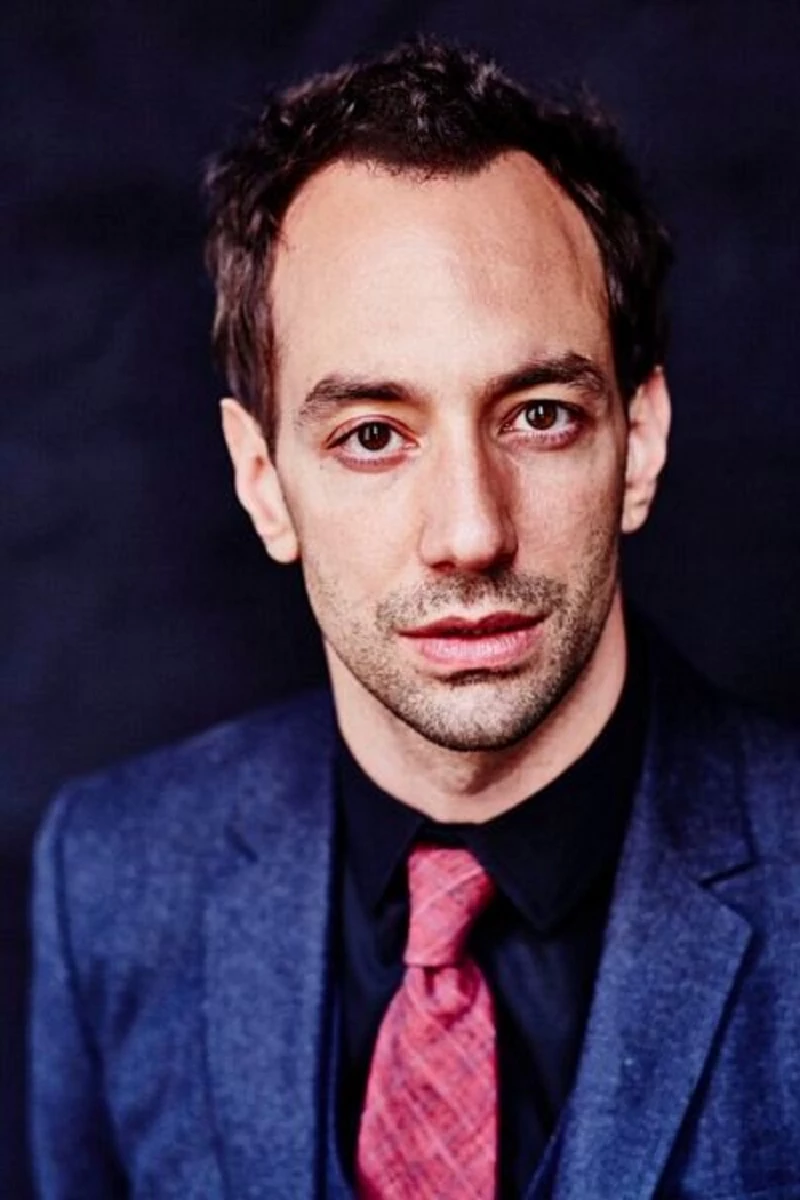
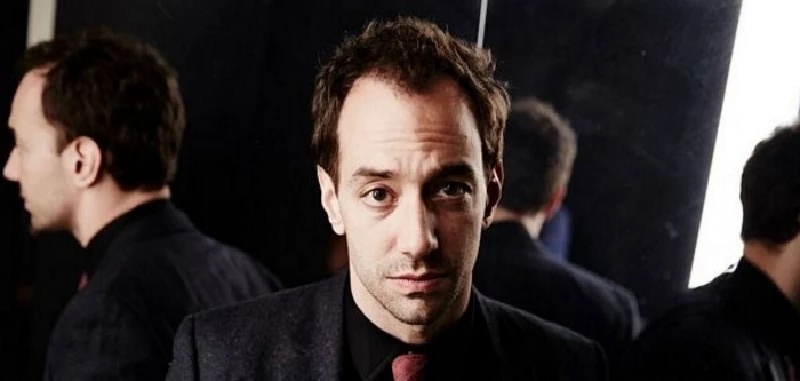
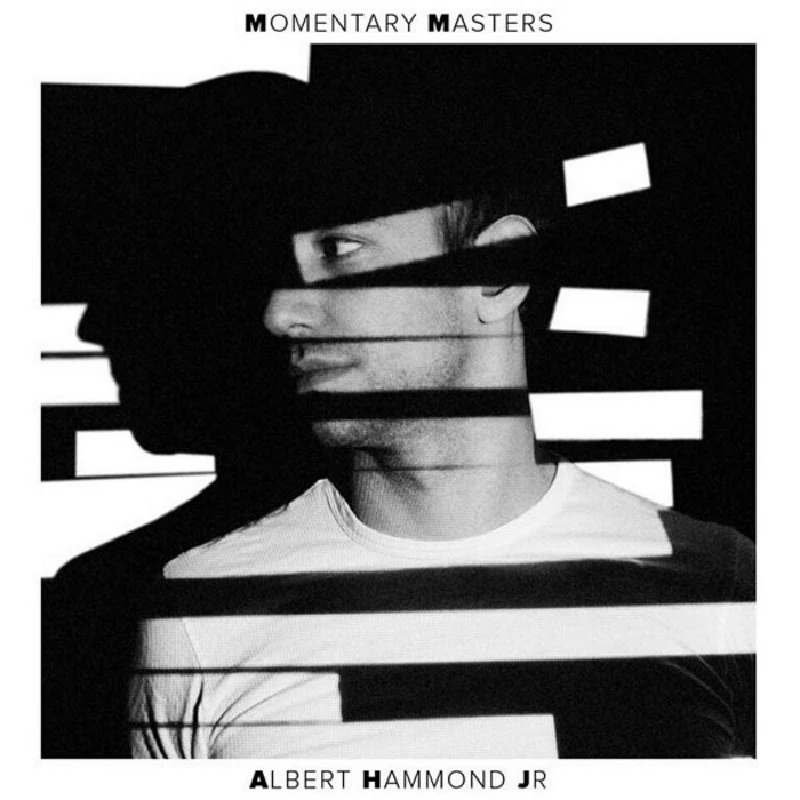
photography |
|
Photoscapes (2018) |
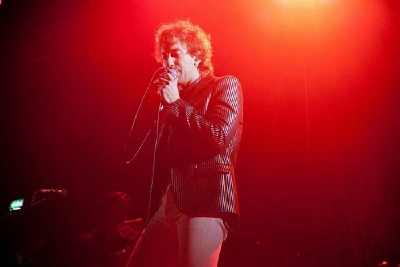
|
| Marie Hazelwood photographs Strokes rhythm guitarist Albert Hammond Jr. at a solo show at the Albert Hall in Manchester. |
soundcloud
reviews |
|
Momentary Masters (2015) |
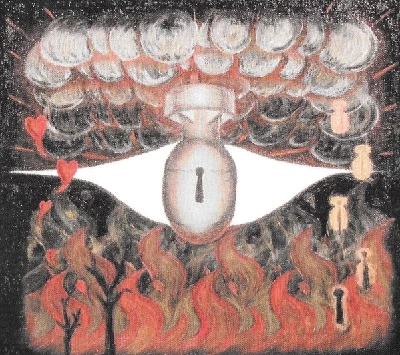
|
| Enjoyable if slight slice of glossy power pop on third album from Strokes guitarist, Albert Hammond Jr |
most viewed articles
current edition
John McKay - InterviewCathode Ray - Interview
Robert Forster - Interview
When Rivers Meet - Waterfront, Norwich, 29/5/2025
Spear Of Destiny - Interview
Fiona Hutchings - Interview
Carl Ewens - David Bowie 1964 to 1982 On Track: Every Album, Every Song
Chris Wade - Interview
Shrag - Huw Stephens Session 08.12.10 and Marc Riley Session 21.03.12
Brian Wilson - Ten Songs That Made Me Love...
previous editions
Heavenly - P.U.N.K. Girl EPBoomtown Rats - Ten Songs That Made Me Love....
Manic Street Preachers - (Gig of a Lifetime) Millennium Stadium, Cardiff, December 1999
Allan Clarke - Interview
Oasis - Oasis, Earl's Court, London, 1995
Barrie Barlow - Interview
Beautiful South - Ten Songs That Made Me Love...
Pixies - Ten Songs That Made Me Love...
Chuck Prophet - Ten Songs That Made Me Love...
Dwina Gibb - Interview
most viewed reviews
current edition
Peter Doolan - I Am a Tree Rooted to the Spot and a Snake Moves Around Me,in a CircleVinny Peculiar - Things Too Long Left Unsaid
Garbage - Let All That We Imagine Be The Light
Vultures - Liz Kershaw Session 16.06.88
John McKay - Sixes and #Sevens
Little Simz - Lotus
HAIM - I Quit
Pulp - More
Lapsley - I'm a Hurricane, I'm a Woman In Love
Billy Nomates - Metalhorse
Pennyblackmusic Regular Contributors
Adrian Janes
Amanda J. Window
Andrew Twambley
Anthony Dhanendran
Benjamin Howarth
Cila Warncke
Daniel Cressey
Darren Aston
Dastardly
Dave Goodwin
Denzil Watson
Dominic B. Simpson
Eoghan Lyng
Fiona Hutchings
Harry Sherriff
Helen Tipping
Jamie Rowland
John Clarkson
Julie Cruickshank
Kimberly Bright
Lisa Torem
Maarten Schiethart